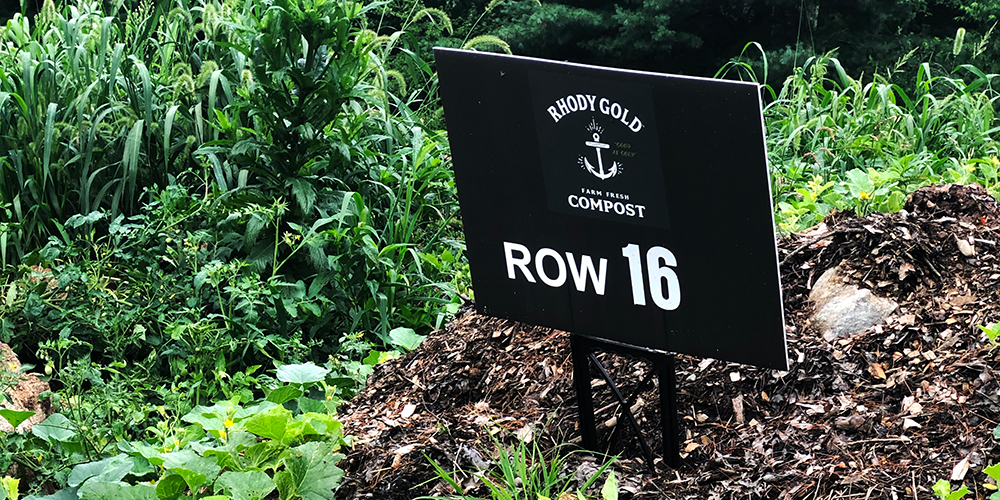
Composting for the Ocean
Celebrating #EarthDay by connecting soil to sea
Whether you live on the coast or in the middle of the country, composting your food scraps benefits the ocean by reducing greenhouse gas emissions and improving water quality by building healthy soil. According to the EPA, food scraps and yard waste currently make up more than 30 percent of what is thrown away in the United States. Once in the landfill, this waste creates methane, a potent greenhouse gas that contributes to climate change. By putting food scraps and yard waste back into the natural cycle, we can ensure this waste doesn’t create methane but supports healthy soils that capture carbon dioxide. After the waste is broken down into compost, it can be used on farm fields, recreational fields, parks, or residential yards and gardens to replace chemical fertilizers. Compost can also be used along roads or within green infrastructure installations to help control stormwater run-off and erosion.
11th Hour Racing supports composting efforts, including the initiatives noted below.
Healthy Soils Healthy Seas Rhode Island
The project goal is to bring about transformational behavior change to improve and protect ocean health by educating, inspiring, and empowering the community to foster environmentally responsible behaviors on land. This brings together existing composting, waste management, education, outreach, policy, zero waste, marine debris, water quality, and circular economy efforts into an integrated, holistic framework. This initiative also addresses the issue that Rhode Island’s landfill is expected to reach capacity by 2040.
Groundwork Rhode Island
Groundwork Rhode Island runs Harvest Cycle Compost, a subscription-based food scrap collection service and composting program based in Providence and Pawtucket, RI. The organization is advancing urban composting and developing markets for finished compost as an alternative to chemical fertilizers. Over the next year, this project aims to identify potential end-users of compost, primarily urban and other local growers.
Sustainable Coastlines Hawai’i
The organization is using a repurposed 20 foot-long container composting system made by Green Mountain Technologies. The system can process up to 1,000 pounds of food waste per day and create a soil amendment in 2-3 weeks, compared to the many months it takes for traditional composting facilities. The compost generated by this system is applied directly to the farm fields or given away to the local community to showcase the benefits of turning food scraps into natural soil fertilizer. Sustainable Coastlines Hawai’i is also creating an education program to teach students and the public about soil and ocean health.
Final Straw Foundation
This organization has quickly become a force for raising awareness of plastic pollution issues and eliminating single-use plastics in the Solent area of the United Kingdom. The Final Straw Foundation is building upon its work by encouraging local small businesses to integrate composting into their sustainability efforts by installing and implementing composting infrastructure and policy.
Chapadmalal Impact Project
11th Hour Racing Ambassador Yago Lange is working with two NGOs in the beach town, Chapadmalal outside of Buenos Aires to grow composting efforts in connection with eating and growing food sustainability. Most recently, Yago Lange spent two days hosting educational talks about the ocean, animals, plastic pollution, and human impact on nature. He also helped to build compost bins, shared his composting knowledge, planted vegetables in a community garden, and painted the bins with local kids. As an Olympic sailor, Yago is using his star power to expand community composting in Argentina.
The infographic below details how regenerative agriculture, which depends upon composting, benefits the environment.
Image credit: Holly Fisher, spence-creative.com
